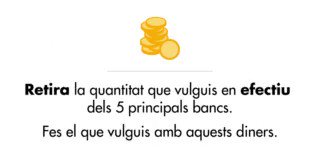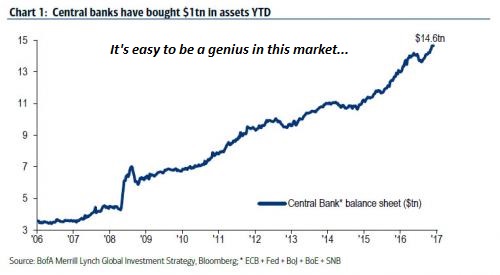“Testimony to the iron grip the financial industry’s lobby still exerts on governments and legislators.”
The European Union’s executive arm, the European Commission, made a lot of bank executives very happy this Tuesday by abandoning its multi-year pledge to break-up too-big-to-fail lenders. Despite the huge risk they still pose to Europe’s rickety financial system, big European banks like Deutsche Bank, BNP Paribas, ING, and Santander can breathe a large sigh of relief this week in the knowledge that they will not have to split their retail units from their riskier investment banking arms.
Breaking up the banks would remove much of the risk from today’s government-backed banks, such as derivatives and other instruments that were heavily involved in the Financial Crisis. Without these hedge-fund and investment-banking activities, even large banks would be smaller, less interconnected, and could be allowed to fail without jeopardizing the entire global financial system.
According to the Commission, such a drastic measure is no longer necessary since the main rationale behind ring-fencing core banking services from investment banking divisions — i.e. to make Europe’s financial system less disaster prone — has “already been addressed by other regulatory measures in the banking sector.” That’s right: Europe’s banking system is already safe, stable and secure. Bloomberg:
The proposal, which hasn’t progressed since 2015, was made to boost financial stability and safeguard taxpayers from the risk of future bailouts. While the commission and the conservative lead lawmaker on the file said this goal had been achieved by other laws on supervision and resolution, the socialist lawmakers backing the “Bank Structural Reform” bill disagreed.
“The too-big-to-fail financial behemoths still pose a danger to financial stability, to the taxpayer and to clients,” German Social Democrat Jakob von Weizsaecker said in a statement. “The withdrawal of the BSR file marks an unfortunate turning point in the European agenda on regulating large banks.”
…click on the above link to read the rest of the article…












